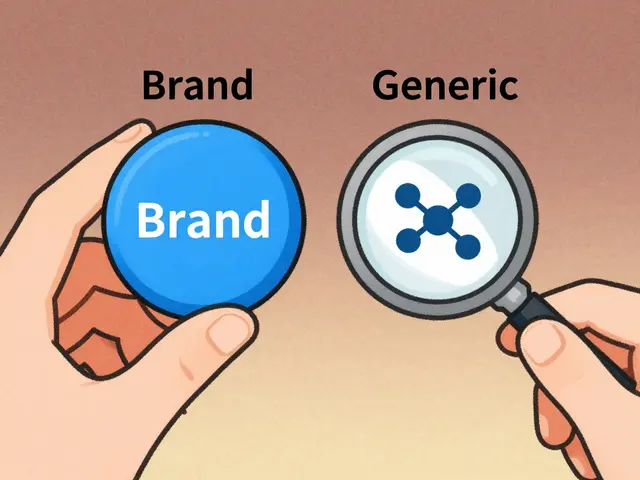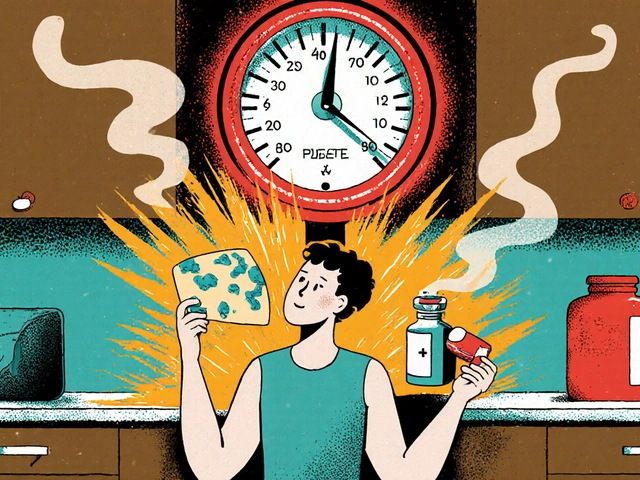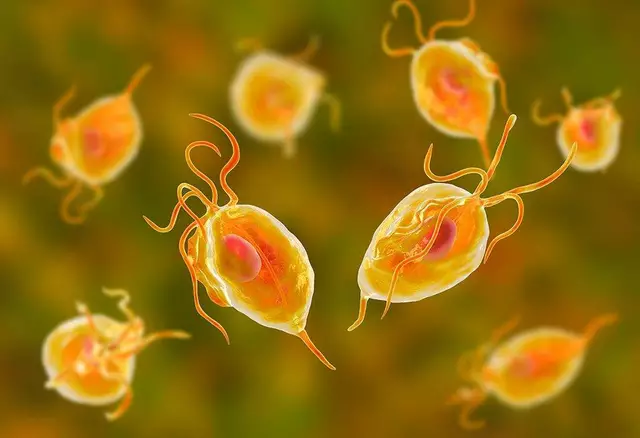Acromegaly Treatment: What Works, What to Expect, and How to Manage It
When your body makes too much growth hormone, a hormone that triggers abnormal bone and tissue growth. Also known as growth hormone excess, it’s usually caused by a benign tumor in the pituitary gland, a small gland at the base of the brain that controls hormone production. This isn’t just about bigger hands or feet—it’s about systemic damage to your heart, joints, and metabolism over time. Left untreated, acromegaly raises your risk of diabetes, high blood pressure, and early death.
Most cases start with a pituitary tumor, a noncancerous growth that pushes the gland to overproduce growth hormone. The first step in acromegaly treatment is removing it—usually through surgery. If the tumor is small and accessible, a skilled neurosurgeon can often remove it through the nose, with minimal recovery. But if it’s large or stuck to nearby nerves, surgery alone won’t cut it. That’s when medications come in. somatostatin analogs, drugs like octreotide and lanreotide that block hormone release are the go-to for most patients. They shrink tumors and lower hormone levels in about 60% of cases. If those don’t work, pegvisomant, a drug that blocks growth hormone from acting on tissues can be added. It doesn’t shrink the tumor, but it stops the damage.
Monitoring is just as important as treatment. Blood tests for IGF-1 levels and regular MRIs track progress. Many patients need lifelong follow-up because the tumor can come back. Side effects from meds? Diarrhea, gallstones, or blood sugar swings are common—but manageable. What most people don’t tell you is that acromegaly treatment isn’t just about hormones. It’s about fixing the ripple effects: joint pain, sleep apnea, carpal tunnel, and heart strain. That’s why some patients end up seeing a cardiologist, an endocrinologist, and a sleep specialist all at once.
The good news? When caught early and treated properly, most people live normal lifespans. The key is sticking with the plan—even when symptoms improve. You might feel fine, but the hormone levels are what matter. And if you’re wondering why your doctor keeps ordering scans years after surgery, it’s not paranoia—it’s science.
Below, you’ll find real-world insights from people managing this condition: what medications helped, what didn’t, and how they adjusted their lives around treatment. No fluff. Just what works.

- Nov 17, 2025
- Posted by Cillian Osterfield
Acromegaly: Understanding Excess Growth Hormone and Modern Treatment Options
Acromegaly is a rare hormonal disorder caused by excess growth hormone, leading to physical changes and serious health risks. Learn how it's diagnosed, treated with surgery, medication, or radiation, and why early intervention saves lives.
Categories
- Health and Wellness (72)
- Medications (69)
- Health and Medicine (28)
- Pharmacy Services (12)
- Mental Health (9)
- Health and Career (2)
- Medical Research (2)
- Business and Finance (2)
- Health Information (2)
Latest Posts
©2026 heydoctor.su. All rights reserved





